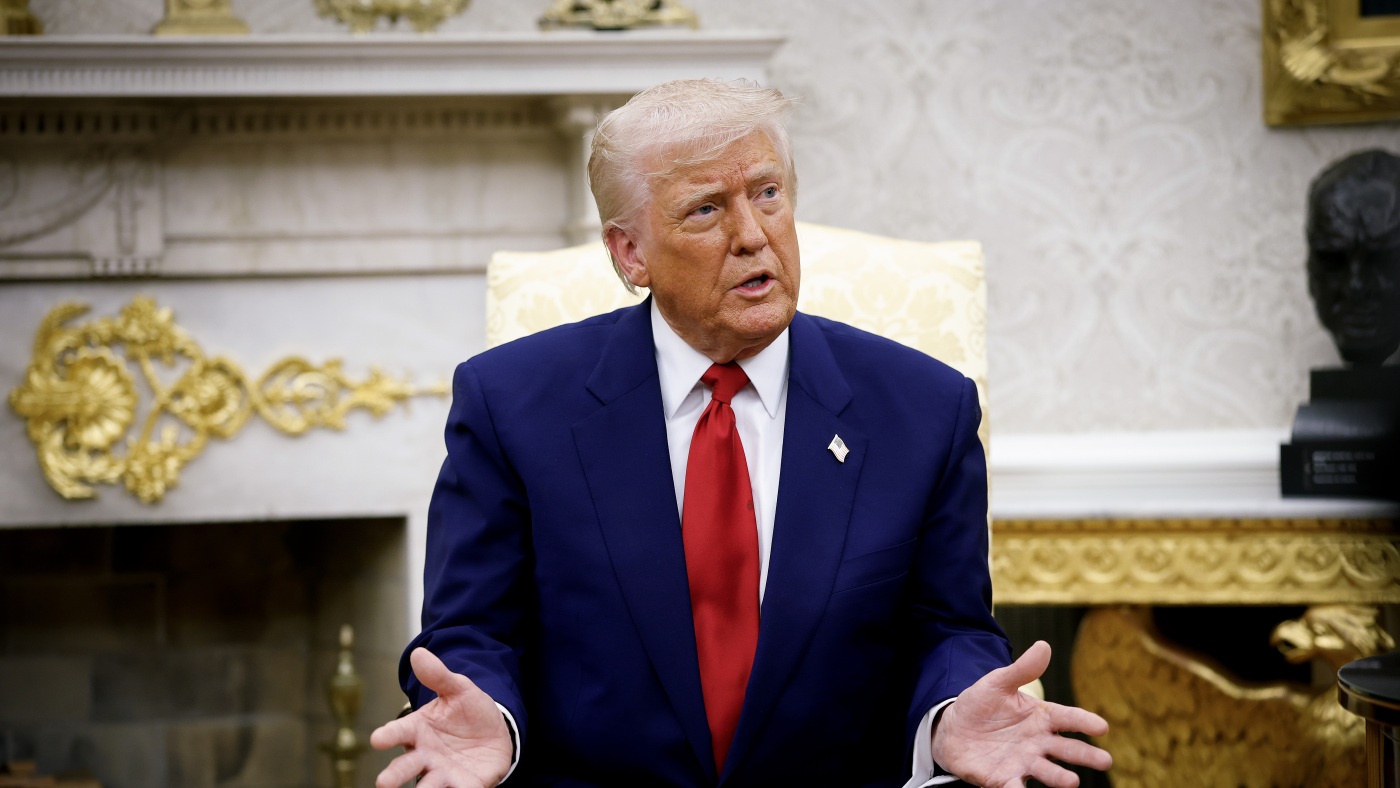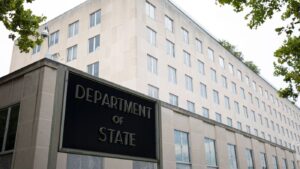Trump’s Threat to Harvard’s Tax-Exempt Status Sparks Widespread Debate
In a series of escalating confrontations, President Trump has publicly threatened to revoke Harvard University’s tax-exempt status. This move comes as part of a broader conflict between the Trump administration and the renowned institution, centering on accusations of political bias and alleged failure to protect Jewish students.
President Trump voiced his thoughts on social media, stating, “Perhaps Harvard should lose its Tax Exempt Status and be Taxed as a Political Entity if it keeps pushing political, ideological, and terrorist inspired/supporting ‘Sickness?'” (Truth Social post).
This development follows the administration’s issuance of a list of demands to Harvard, warning of potential loss of $9 billion in federal funding should the demands remain unmet. Harvard’s president has rejected these demands, labeling them as illegal and an overreach into the institution’s teaching, admission, and research policies.
In response, the administration has halted over $2.2 billion in research grants and contracts. This decision has prompted reactions from higher education leaders, who view Harvard as a pivotal figure in resisting governmental overreach.
“Harvard really had no choice given the extent of the demands the Trump administration had made upon it,” commented Michael Dorf, a law professor at Cornell University.
Ted Mitchell, president of the American Council on Education, highlighted Harvard’s role in setting a precedent for other institutions. “If Harvard hadn’t stood up,” he noted, “it would have sent a chill across higher education that would have really hampered the ability of other institutions to define for themselves where that red line is.”
Ongoing Ideological Disputes
The dispute with Harvard is part of a larger crackdown by the administration on perceived antisemitism in universities. In March, the U.S. Education Department announced that 60 universities were under investigation for failing to protect Jewish students.
The administration’s Joint Task Force to Combat Anti-Semitism emphasized the need for elite universities to address these issues seriously if they wish to continue receiving federal support.
Additionally, President Trump has expressed a desire to lessen what he perceives as a left-wing bias in academia. “We are going to choke off the money to schools that aid the Marxist assault on our American heritage and on Western civilization itself,” he stated in a 2023 speech in Florida.
Recently, the administration has frozen or canceled approximately $11 billion in funds across several institutions. Former President Barack Obama criticized these actions, describing them as an “unlawful and ham-handed attempt to stifle academic freedom.”
The Implications of Tax-Exempt Status Threats
The potential revocation of tax-exempt status is a significant concern for many college leaders, as it could disrupt the financial stability of educational institutions. Ted Mitchell remarked on the potential consequences, “The catalog of horrors is a thick one. There are plenty of things that the administration can seek to do that would throw institutions off kilter. And tax-exempt status is certainly one of them.”
Most colleges and universities are classified as tax-exempt organizations, similar to charities and religious entities. Harvard, with an endowment of about $50 billion, is one of the wealthiest.
The debate over tax exemptions in higher education is not new. In 2017, Congress passed a 1.4 percent tax on university endowments, affecting many prestigious institutions.
Legal experts argue that some of the administration’s demands and funding threats may be unlawful. Harvard faculty, alongside the American Association of University Professors, has already initiated a lawsuit (filed last week) contesting the administration’s demands for changes to maintain funding levels. These demands include eliminating DEI programs, screening international students for terroristic or antisemitic support, and ensuring “viewpoint diversity” in hiring.






